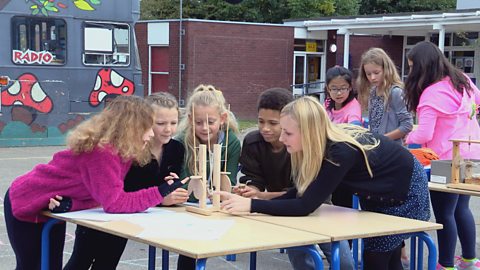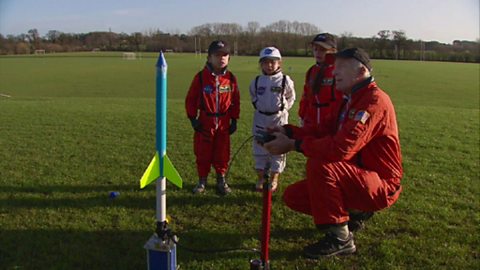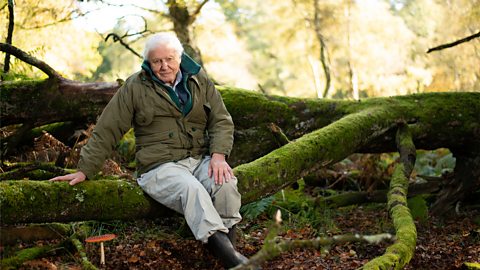By Joe Bradbury
Educational consultant, former primary teacher and lead product designer at Primary Engineer
This article was published in March 2023.
There is a sense of pride and achievement that goes with creating something and saying, ‘look, I made that’.

Quick question - What does your mind imagine when you hear the word ‘engineering’? Be honest… Is it cars, aeroplanes and bridges? Or is it wearable technology, theme park rides and augmented reality? The answer is that all of these are the result of engineering, and there really is something for everyone looking at a a career in this field.
STEM (Science, Technology, Engineering and Mathematics) education initiatives are mentioned explicitly in the Welsh, Scottish and Northern Irish national curriculums and are becoming more commonplace in England. Engineering finds itself in the middle of the acronym of STEM for a reason – it’s the product of all the others –blending the skills of mathematics, science and technology into meaningful solutions to real life problems. There is a sense of pride and achievement that goes with creating something and saying, ‘look, I made that’.
Research tells us that children begin forming opinions about whether a career in science or STEM is something they would be interested in by the age of six, owing to their experiences both inside and outside of the classroom. With time and workload being big issues in teaching at the moment, let’s look at ways to make STEM project-based learning fun and immersive and how it can fit into what teachers already do.

Coming up with a cross-curricular STEM-based project
So, let’s pick a fun project to begin with – the mighty marble run for example. This could be the climax to a cross-curricular project that encapsulates mathematics, literacy, design and technology, history, geography, even computing. Below are just some ideas of how you could build a whole topic around marble runs using interdisciplinary learning:
- Pupils could learn about the forces of friction, gravity, thrust and air resistance, as well as inertia, centripetal forces, acceleration and deceleration in science. This would also fit really well with the 91»»±¨ Teach Live Lesson for British Science Week 2023, taking place on Monday, 13 March.
- The marble run could be part of a larger chain-reaction system, or a Rube-Goldberg machine that each group can contribute to a class or whole school creative extravaganza!
- Learn about the history of rollercoasters and theme parks across the UK and abroad, alongside the engineers that created them.
- Create fact files about the longest and the tallest rollercoasters and design holiday brochures for real or imaginary theme parks.
- Think about creative writing, including stories of magical fairground rides that transport you to another time or another dimension or in non-fiction, writing arguments for and against developing unused land for a new theme park, etc.
- Include data analysis in maths lesson by asking the pupils to carry out their own surveys of the most popular rides, or if children have never been, which ride would they most like to experience?
- Pupils could take on the role of project developer and plan the development of a theme park using a budget plan, they can discuss infrastructure and sustainability, the effects of a new theme park on travel, business and the environment, etc.
- Experiment with different pulleys and cams to make a self-loading marble machine. They could attach motors to a that controls the loading mechanisms, or use it to programme a light show and spell out a message.
Be adventurous. Look at your curriculum and find ways of allowing the pupils to get fully immersed into something they can really sink their teeth into and allowing them to use the skills they have learned across a variety of subjects. Whenever I chat to engineers, they say that creativity is fundamental in their work.
Other organisations that have some free resources to help get started, including:
Cross-curricular learning is fun and it allows pupils to embed their learning in meaningful contexts. Confidence will grow and so too will your and your pupils’ enthusiasm for STEM. Be brave, be adventurous and be creative, but above all else, have fun!

British Science Week 2023 – Forces Live Lesson. video
Join us on Monday 13 March for a an exciting Live Lesson for 7-11 year olds full of experiments and activities exploring forces.

British Science Week - Teaching Resources. video
Links to our best science, technology, engineering and maths resources for primary and secondary schools - all in one place.

Four ways Sir David Attenborough’s films can help with science learning. document
How exactly can natural history films like The Green Planet help bring science learning to life in schools? Primary educational consultant and science educator Claire Seeley shares her thoughts.
